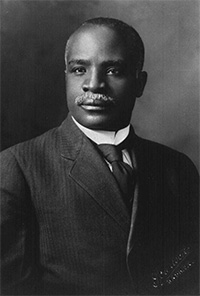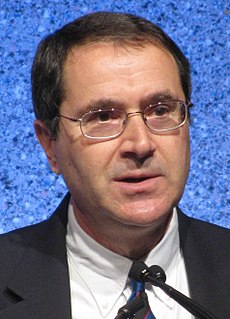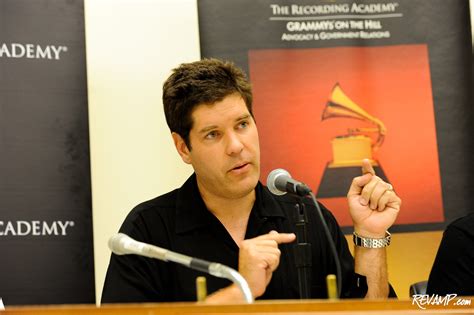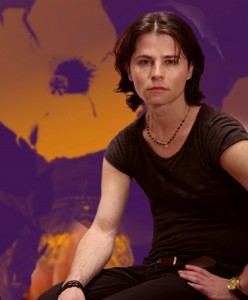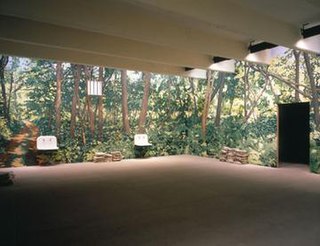A Quote by Julia Cameron
Artists love other artists. Shadow artists are gravitating to their rightful tribe but cannot yet claim their birthright. Very often audacity, not talent, makes one person an artist and another a shadow artist-hiding in the shadows, afraid to step out and expose the dream to the light, fearful that it will disintegrate to the touch.
Related Quotes
I was worried that I, the artist Morimura, would have conflicts with the participating artists and develop a strenuous relationship with them. But the actual experience was completely the opposite. The artists accepted my requests rather positively, because it came from a fellow artist. I strongly feel that the fact that my being an artist avoided the usual curator vs artist tension, and led to creating a positive atmosphere as well as developing a solidarity amongst artists and building a community for artists.
What an artist does, is fail. Any reading of the literature, (I mean the literature of artistic creation), however summary, will persuade you instantly that the paradigmatic artistic experience is that of failure. The actualization fails to meet, equal, the intuition. There is something "out there" which cannot be brought "here". This is standard. I don't mean bad artists, I mean good artists. There is no such thing as a "successful artist" (except, of course, in worldly terms).
What makes someone an artist? I don't think is has anything to do with a paintbrush. There are painters who follow the numbers, or paint billboards, or work in a small village in China, painting reproductions. These folks, while swell people, aren't artists. On the other hand, Charlie Chaplin was an artist, beyond a doubt. So is Jonathan Ive, who designed the iPod. You can be an artist who works with oil paints or marble, sure. But there are artists who work with numbers, business models, and customer conversations. Art is about intent and communication, not substances.
The refusal to be creative is an act of self-will and is counter to our true nature. When we are open to our creativity, we are opening to God: good, orderly direction. As we pursue our creative fulfillment, all elements of our life move toward harmony. As we strengthen our creativity, we strengthen our connection to the Creator within. Artists love other artists. Our relationship to God is co-creative, artist to artist. It is God's will for us to live in creative abundance.
To me, paintings are about beauty. They are very feminine, and beauty is something very feminine. For a long time, people would talk with me about identity. I don't have issues with identity, I just follow this kind of feminine beauty because I became a victim of my art, which I think is the best thing for an artist. So many artists use their talent, but with the best artists, their talent uses them.
Great artists are products of their own time: they do not spring forth fully equipped from the head of Jove, but are formed by the circumstances acting upon them since birth. These circumstances include the ambiance created by the other, lesser artists of their own time, who have all done their part in creating the pressure that forces up an exceptional talent. Unjustly, but unavoidably, the very closeness of a great artist to his colleagues and contemporaries leads to their eclipse.



